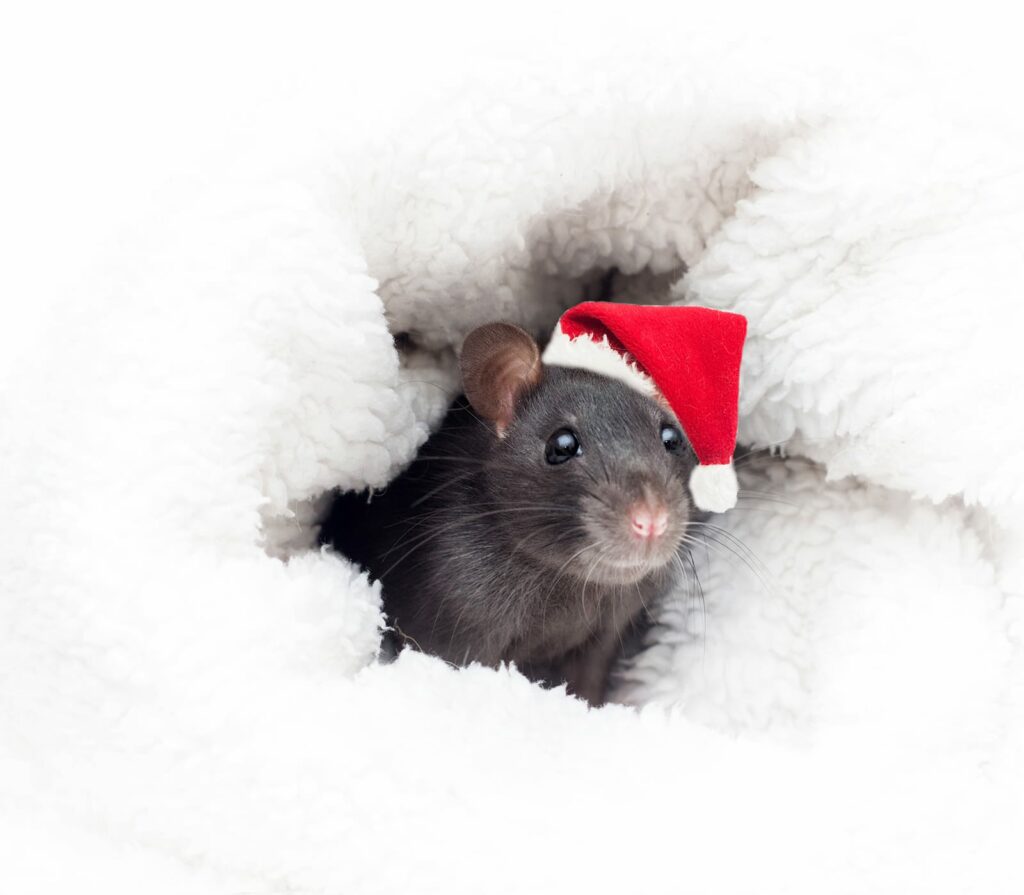
Contents
As a homeowner, many times they put you on the defensive to protect your house and your property. This is especially true in stopping pests from making your home their home. You might already know how to prevent pests in the spring, summer, and fall, but do not let up on that defense. Just as it is necessary for all other seasons, proper winter pest control can help save your home.
Each season affects insects differently, especially the winter. Whether the goal is to reproduce, migrate, or hibernate, these pests can take up space in your home to help complete their mission.
Ants are much more visible in the summer months, and many times it is of no great concern. They are probably just looking for food. However, seeing a carpenter ant indoors during the winter can indicate a much larger problem.
Carpenter ants, like termites, can destroy your home from the inside out. Active carpenter ants in the winter is a sign that more might nest inside the floors, walls, or decaying wood.
When you first notice their presence, it might even be too late. Much of that damage is unseen, and if either carpenter ants or termites have been inside for a while, it can take a heavy toll on both your house and your wallet.
In the quietest corners of your home, you can still come across signs of insects, even in the winter. Leftover spider webs, nests, or egg cases indicate a home once upon a time, but if we leave them alone for the season, these creatures can return and call it a home once again.
By cleaning out these spaces, likely in attics, basements or bathrooms, you can decrease the likelihood of seeing those pests there.
Other insects will hide away in your home, using your basement or attic as a resting place to avoid the cold. Then, as the temperatures rise, so will their activity level. Finding them and removing them in the winter is one option, but preventative treatment beforehand is the best option.
You can prevent many of these insects from even getting close to your home throughout the year, so then you won’t have to worry in the winter. Keep firewood at least 20 feet from your home, avoid clutter, eliminate all moisture sites, and properly seal doors and windows.
But it’s not just insects. Mice and other rodents will also poke around your house, looking for ways to get inside for some warmth or for some food.
All it takes for a mouse or rat to find its way inside is a small opening or crack anywhere around your house or garage. More versatile, and possibly more ambitious, rodents can discover an entrance up high, such as a way in to your attic. Once inside your house, these hungry little pests can chew or gnaw on pretty much anything.
If mice, rats, or other rodents can get inside, they can cause damage to some essential fixtures of your home. They will gnaw on wires, wood beams, or insulation. Other visual signs of mice include gnawing marks on doors, ledges or baseboards. These pests will make sounds too, like as little squeaks or tiny footsteps climbing in the walls.
The solution is to block off or fill in any area that mice can fit through. Take a lap around the outside of your home and be on the lookout for openings. Look around the areas where utilities and pipes enter the home, and seal off those small openings.
Don’t let pests find their winter home within your walls. If you suspect that there are unwanted guests in your home this winter, call Van Den Berge Pest Control at 616-392-7367.
Recent Posts
Why Trust Our Termite Inspection and Treatment?
Rely on our termite inspection and treatment because our team of experts is certified and
Six Effective Chemical Pest Prevention Methods
They say that prevention is better than cure, and this adage holds true when it
What Is the Best Termite Inspection and Treatment?
For the best termite inspection and treatment, opt for professional services. Experts spot early signs,
